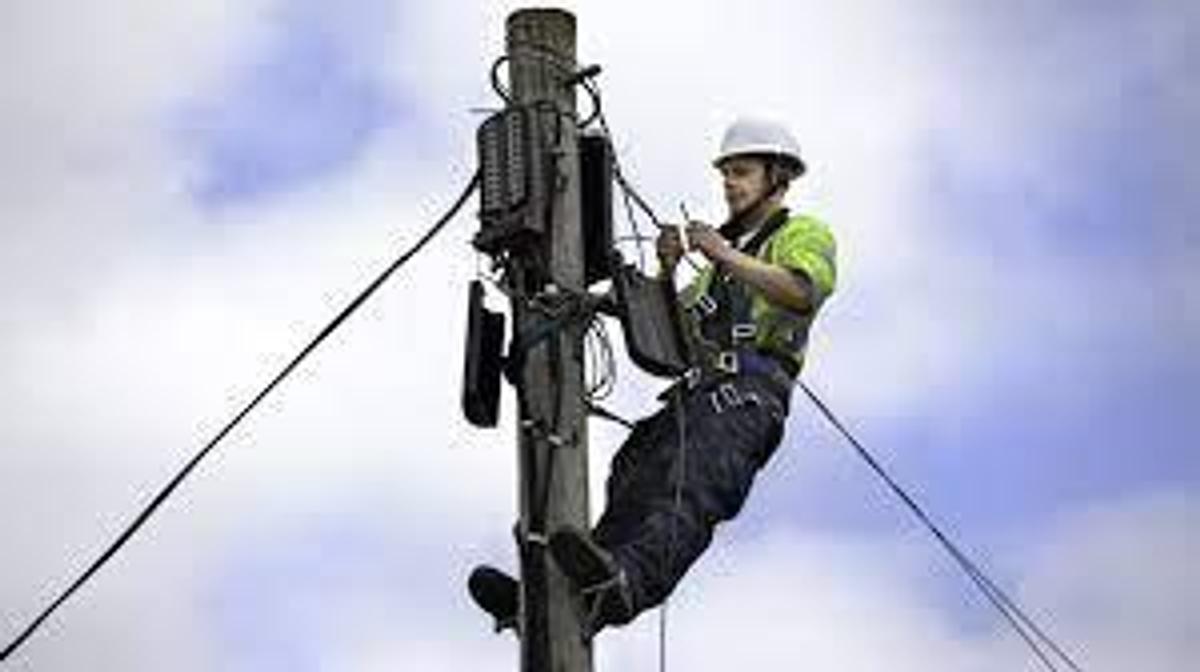Career as a Telecommunications Engineer

Jobs and Skills WA states that telecommunications engineers design, test and build the various technologies that allow people to communicate over distances.
- They may work in fields such as telephone and internet networks, radio and television broadcasting and satellite communications.
- They design telecommunication networks, deciding on the technology to be used and where cables or broadcasting equipment needs to be placed, and oversee installation.
- Telecommunication engineers may also be responsible for testing and repairing faults.
Telecommunications engineers usually work for the major telecommunications companies, or for large organisations with private communication networks, such as remote mine sites, for example, the Pilbara region. Telecommunications engineers often work in offices, where they can use computers to monitor networks and broadcasting equipment remotely. However, some travel may be required to visit sites throughout the state, particularly when installing new equipment or repairing faults.There is strong future growth in this industry, and it is also a well-paid career.
To become a telecommunications engineer, students usually need to study a degree in engineering, majoring in electronics and communication engineering, or a related field. Students may also choose to complete postgraduate study to specialise in electronic and communication engineering.
In Victoria, RMIT and Swinburne universities both offer courses relating to telecommunication engineering.

